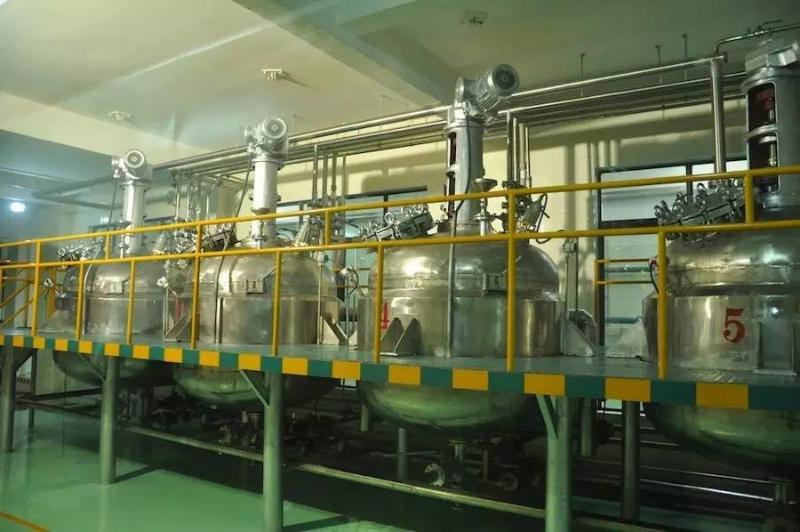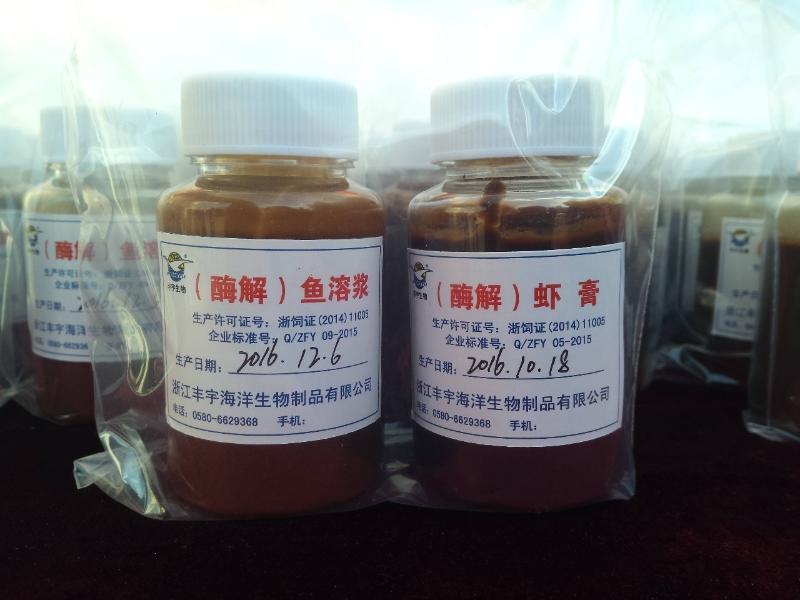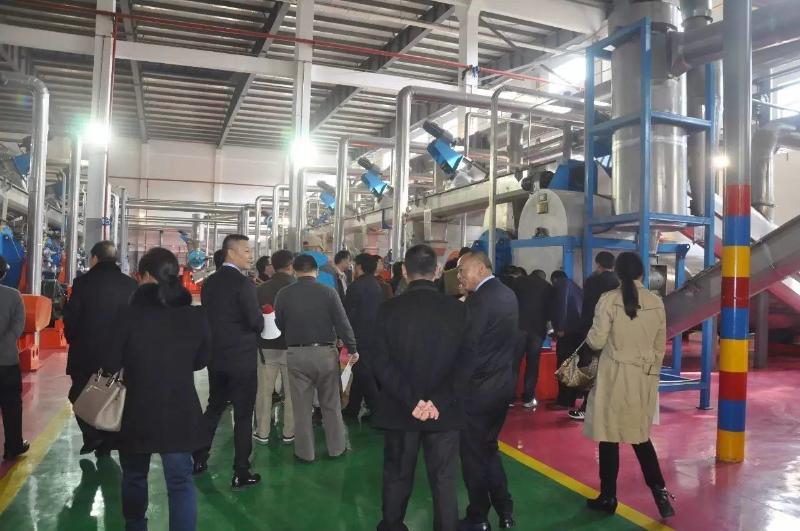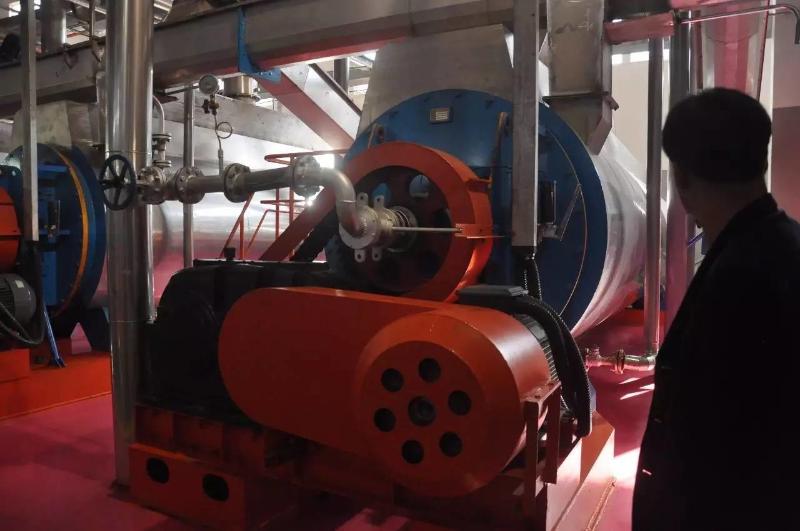Fish meal is one of the most important raw materials for aquatic feed and an important source of protein for aquatic animals. Because the water content of fresh fish is about 75%, a large number of water-soluble substances in the process of fish meal production form a liquid after cooking and pressing, which is called fish soluble pulp. The fish lysate is then processed by enzymolysis to form enzymolysis fish lysate.
The study found that fish soluble pulp contains a large number of small molecular polypeptides, amino acids, taurine, minerals and other beneficial ingredients, retains the unique unknown growth factor of fish meal, has a good effect on attracting food and promoting growth of aquatic products, livestock and poultry breeding animals, and is a good source of high-quality animal protein, attractant and nutritional supplement. According to the current test data, adding an appropriate amount of enzymolysis fish lysate can improve the growth rate of fish, reduce the feed coefficient and improve the breeding efficiency, which is a research direction of replacing fish meal in the future.
According to the current test data, the processing and production of 2.5 million tons of fish meal requires 12 million tons of marine resources, and the processing and production of 1 million tons of fish paste only requires 4 million tons of marine resources, which can replace 2.5 million tons of fish meal. Compared with fish paste and fish meal, the use of fish paste can reduce the consumption of marine resources by 8 million tons.





